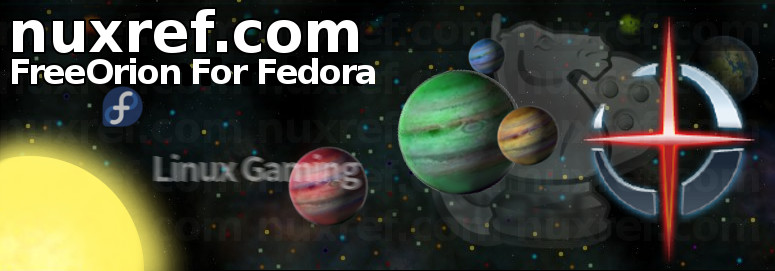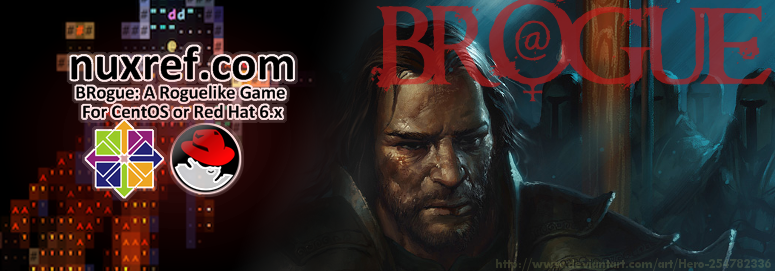Introduction
FreeOrion is a turn-based space empire and galactic conquest (4X) computer game. But more importantly, it works on Linux! The good news is, I’ve already done all the heavy lifting for you and compiled the game in easy to install RPMs. In fact, there is absolutely no development knowledge or compilation requirements at all! The RPM files I’ve put together will specifically allow anyone (running Fedora) to go right ahead and enjoy the game!

The Goods

You’ll need to have Fedora 23 or higher for this game to work due to the library requirements FreeOrion requires.
I packaged the whole thing up in RPMs to make your life easy. You can acquire the RPMs directly from my repository using dnf. But if you prefer, here is the direct link to the repository files:
| Package | Distro | Description |
|---|---|---|
| freeorion | fc23 / fc24 | The core game files. This RPM must be installed in conjunction with freeorion-data. |
| freeorion-data | fc23 / fc24 | This RPM provides all of the data files used by FreeOrion |
For those interested in building this themselves, you can access the source RPM here.
A setup could be as simple as the following if you’re hooked up to my repositories already:
# Install FreeOrion # make sure you're connected to https://nuxref.com/repo dnf install freeorion
Getting Started

After you’ve installed the RPMs, you’ll be able to launch FreeOrion from within the desktop search. You can also launch it from the command line by simply typing freeorion. You’ll be able to choose to create a new game from here and create your very first galaxy!
You can also launch the application up with some parameters that can tweak your experience:
/usr/bin/freeorion is the main application you’ll run. If you type it on the command line with the –help (-h) switch, you’ll get an incredible list of customization you can perform. For example:
# --show-fps 1 : Display frames per second while you play # --fullscreen 1 : Start game in fullscreen mode # --log-level WARN : The default logging mode is DEBUG which can add for # quite a bit of extra overhead. setting this variable # to WARN can speed things up a little. freeorion --show-fps 1 --fullscreen 1 --log-level WARN
There are 2 directories you’ll want to know about:
| Directory | Description |
|---|---|
| ~/.config/freeorion | The directory all of your local configuration gets written to when the game is running. |
| ~/.local/share/freeorion | The directory that the system will write some variable data to (such as your saved games). |
How Do I Play
This guide here is probably a good start. But in a nutshell, the first thing the game will do for you is generate you a galaxy filled with planets and stars. You will take turns with A.I. and/or other players (if doing Multiplayer) making choices. You might colonize a planet, gather resources, or maybe just move to another planet. You’ll encounter enemies that you’ll need to fend off too. The game can seem overwhelming and complicated at first. But in a few turns, you’ll pick up things you can do and only get better over time.
Sources
- Article in Fedora Mazgazine: It was this article that and a friend of mine who requested an RPM that inspired me to package it for everyone.
- Free Orion’s Official website: A great place to start looking for more information.
- FreeOrion’s GitHub Page: For those who want to have a look at the official source.
- FreeOrion Forum: A great place to go and ask any questions you might have.
- Quick Play Guide: A great beginners guide to get you started.
- Libre Game Wiki: Specifically the section on FreeOrion.
- Brogue for Linux: Here is another game I ported over through RPMs that wasn’t otherwise already easily available to Linux users if you’re interested.
Note: All of the images seen in this blog were taken from the Libre Game Wiki and FreeOrion Wiki. All of the images used had no licenses associated with them whatsoever except the screenshot which is subjected to the Creative Commons Attribution-ShareAlike (CC BY-SA) v3.0.
Credit
Preparing the RPMs was the only tricky and original part of this blog. The rest of the information is available everywhere.
If you like what you see and wish to copy and paste this HOWTO, please reference back to this blog post at the very least. It’s really all I ask.





